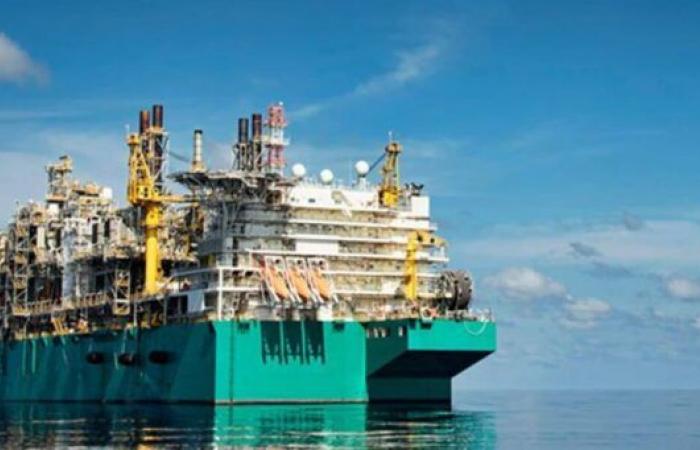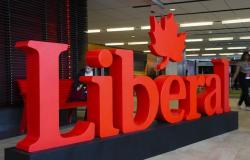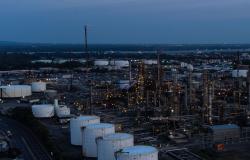Nigeria’s Upstream Petroleum Regulator (NUPRC) has announced the release of the Decarbonization Model for Upstream Oil, now required for obtaining licenses and permits from January 2025.
In a press release signed by the Director General of the Nigerian Regulatory Commission (NUPRC), Gbenga Komolafe, on Tuesday in Abuja, this initiative is part of Nigeria’s climate objectives, including its commitment to achieving carbon neutrality. by 2060.
Mr Komolafe highlighted that this model aligns with sections 6 (d), (g), (h), (i), (j) and (k) of the Petroleum Industry Act (PIA) of 2021, which give the Commission responsibility for promoting sustainability measures.
“The objective of this political declaration is to strengthen the decarbonization and sustainability agenda of Nigeria’s upstream oil and gas operations, in order to improve their global competitiveness and investment attractiveness, in a context of global energy transition “, said the head of this Commission.
According to the NUPRC, the model will serve as a regulatory tool for the technical, commercial and operational monitoring of upstream oil and gas activities, while supporting Nigeria’s climate commitments.
This initiative follows the introduction, in 2023, of the Regulatory Framework for Energy Transition, Decarbonization and Carbon Monetization in Nigeria’s Upstream Oil and Gas Sector. This framework aimed to prepare the sector to maintain its competitiveness in global energy markets.
The model requires licensees and concession holders to reduce their greenhouse gas emissions, adopt low-carbon technologies, improve energy efficiency and integrate renewable energy into their operations.
From January 2025, the integration of decarbonization strategies will become a mandatory component of applications for licenses, permits and authorizations. Plans should include measurable, time-bound objectives aligned with national targets.
Companies will also need to demonstrate compliance with the Flaring, Venting and Methane Emissions Regulations, 2023 and related guidelines aimed at eliminating systematic flaring and venting.
Operators will be required to implement methane management programs, such as detecting and repairing leaks, optimize their operations with energy-efficient technologies, and integrate renewable energy into their projects.
GIK/lb/Sf/te/APA






